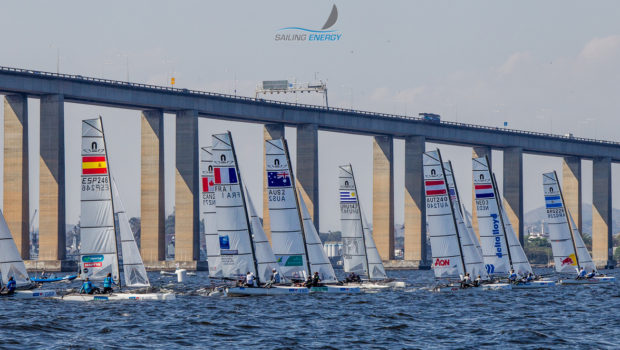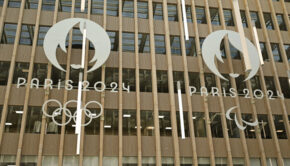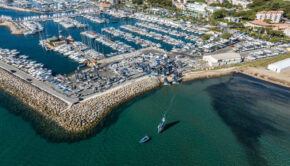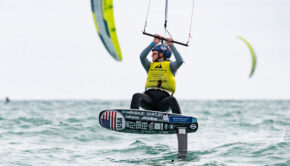Superficial Cleanup Underway for Guanabara Bay
Published on May 24th, 2016
If you’re the head of World Sailing, this is your worst Olympic nightmare.
A sailor nears the finish line in Rio de Janeiro’s polluted Guanabara Bay, holding the lead with a coveted gold medal in sight. Suddenly, the boat loses speed. A plastic bag catches the rudder. Chasing boats overtake for all the medals, and millions on worldwide television watch a life-time dream being crushed.
“We want an absolutely fair playing field; getting the rubbish out of the water,” Andy Hunt, the CEO of World Sailing — the sport’s governing body — told the Associated Press. “We don’t want to have any stories of sailors with plastic bags, or whatever it might be that in anyway impacts performance.”
Hunt met in Rio on Monday and Tuesday (May 23-24) with city, state, and Olympic organizing committee officials, pushing for what amounts to a superficial cleanup of Guanabara Bay.
Rio state officials have acknowledged a real cleanup of Guanabara will take 20 years — organizers promised to do it for the Olympics — with the city still pouring at least half of its untreated sewage into its surrounding waters, including Guanabara.
The massive bay is about 30 kilometers (20 miles) long and almost as wide in places.
An independent study by The Associated Press has shown high levels of viruses and sometimes bacteria from human sewage in the waters where hundreds of sailors will compete when the Olympics open in 2 1/2 months.
There has been one big improvement so far: the new Marina da Gloria. The new marina building is sparkling, and the water is clearer just months after a new sewage system was installed to stop brown, untreated sludge from being poured into the small harbor.
“The water is cleaner, and there isn’t a smell,” Hunt said.
At a test event a year ago, sailors complained about the stench, and shot videos of open sewage flows just meters (yards) from where boats were launched.
“We’re going in the right direction,” Hunt added. “We remain cautiously optimistic. It doesn’t mean we’re going to take off the pressure.”
World Sailing, backed by the World Health Organization and the International Olympic Committee, is not testing the water for viruses. World Sailing says the bacterial levels are below what would be considered dangerous for athletes.
The WHO and IOC argue that viral testing lacks a clear standard for measuring risk, and therefore is not needed.
World Sailing is attacking the problems it can see: spotting and collecting floating rubbish during the Olympic sailing events. Hunt said a helicopter would go up at 6 a.m. every morning and direct 11 rubbish collection boats below where to deploy.
In addition, he said 17 so-called eco-barriers — fences across trash-filled streams that flow into Guanabara — will keep dead animals, bags, and household rubbish from entering the bay.
“Those eco-barriers have got be completed before the end of June, so there’s enough time to track the rubbish and then make sure it’s collected effectively for games time,” Hunt said.
Though World Sailing says the water will be safe for hundreds of sailors, Hunt said teams are being briefed about how to stay healthy in Rio.
“There are briefings for the teams to make sure they prepare in terms of hygiene,” Hunt said. He added that there would be “facilities to wash down clothing when they come off the boats, alcohol gels, anti-viral gels and so on that can help ensure that the athletes keep well through the competition.”
Source: Stephen Wade, Associated Press









 We’ll keep your information safe.
We’ll keep your information safe.